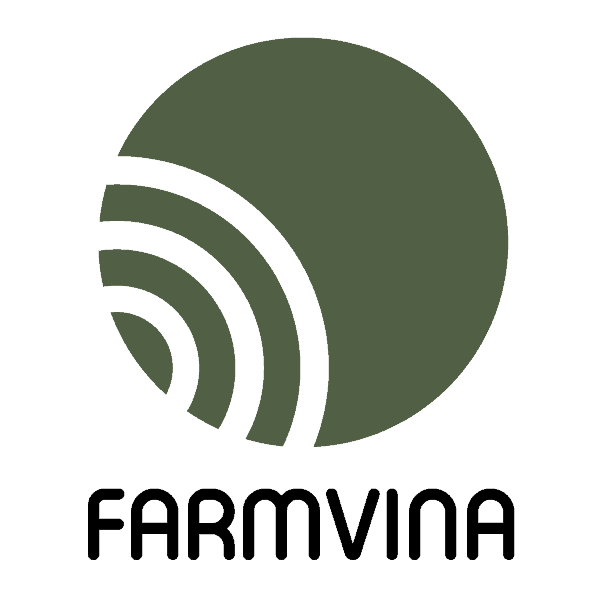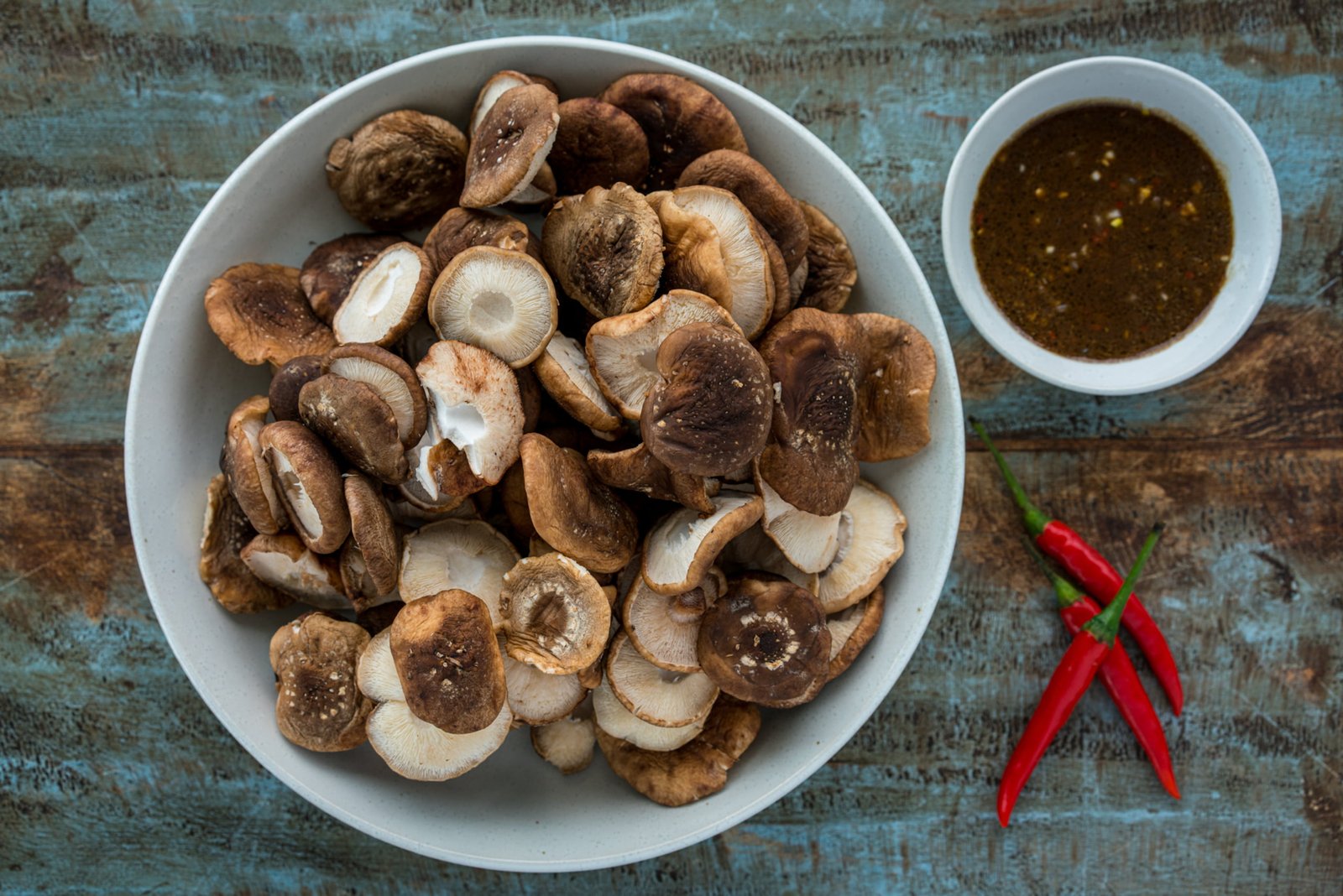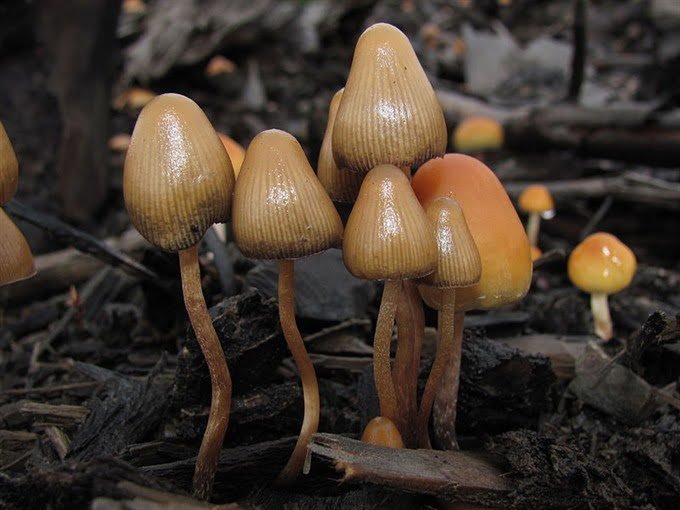The Rise of Vietnamese Mushrooms: How a Local Ingredient Became a Global Demand
Vietnamese mushrooms have gained popularity in recent years due to their unique taste and nutritional value. These mushrooms are not only delicious but also offer a wide range of health benefits. They are rich in protein, fiber, and essential vitamins and minerals, making them a healthy addition to any diet.
Additionally, Vietnamese mushrooms are low in calories and fat, making them an ideal choice for those looking to maintain a healthy weight. With their growing popularity, it is important to understand the history, nutritional value, and cultural significance of Vietnamese mushrooms.
A brief history of mushroom cultivation in Vietnam
Mushroom cultivation in Vietnam dates back to the 19th century. It was introduced by the French during their colonization of the country. Initially, mushroom cultivation was limited to small-scale production for local consumption. However, in recent years, the industry has grown significantly, with Vietnam becoming one of the top mushroom producers in the world.
The favorable climate and fertile soil in Vietnam make it an ideal location for mushroom cultivation. The country’s diverse geography allows for the cultivation of a wide variety of mushrooms. Additionally, the traditional agricultural practices and knowledge passed down through generations have contributed to the success of mushroom farming in Vietnam.
The nutritional value of Vietnamese mushrooms
Vietnamese mushrooms are not only delicious but also highly nutritious. They are rich in protein, fiber, and essential vitamins and minerals. Protein is an essential nutrient that plays a crucial role in building and repairing tissues in the body. It is also important for maintaining a healthy immune system.
Fiber is another important nutrient found in Vietnamese mushrooms. It helps regulate digestion and promotes a healthy gut microbiome. Additionally, fiber can help lower cholesterol levels and reduce the risk of heart disease.
Vietnamese mushrooms are also a good source of essential vitamins and minerals such as vitamin D, potassium, and selenium. Vitamin D is important for bone health and immune function, while potassium helps regulate blood pressure. Selenium is an antioxidant that helps protect cells from damage.
The diverse varieties of Vietnamese mushrooms
Vietnam is home to a wide variety of mushrooms, each with its own unique flavor and nutritional profile. Some of the most popular varieties include shiitake, oyster, and straw mushrooms.
Shiitake mushrooms are known for their rich, meaty flavor and are often used in stir-fries and soups. They are also a good source of B vitamins, which are important for energy production and brain health.
Oyster mushrooms have a delicate, slightly sweet flavor and a velvety texture. They are commonly used in Asian cuisine and are a good source of antioxidants and immune-boosting compounds.
Straw mushrooms have a mild, earthy flavor and a firm texture. They are often used in soups, stir-fries, and salads. Straw mushrooms are low in calories and fat, making them an excellent choice for those looking to maintain a healthy weight.
| Mushroom Type | Calories (per 100g) | Protein | Fiber | Vitamins & Minerals | Notes |
|---|---|---|---|---|---|
| Shiitake | ~35 | ~2.5g | ~2g | B vitamins, Vitamin D, Copper, Selenium | Rich, savory flavor |
| Oyster | ~35 | ~3g | ~2g | B vitamins, Potassium, some Iron | Delicate flavor, versatile |
| Straw | ~30 | ~3g | ~3g | B vitamins, Potassium | Mild flavor, crunchy texture |
| Wood Ear | ~35 | ~1g | ~7g | Vitamin D, Iron, Potassium | Gelatinous texture, used in soups and stir-fries |
| Enoki | ~35 | ~3g | ~3g | B vitamins, Potassium, Fiber | Long, thin stems, mild flavor |
The role of Vietnamese mushrooms in traditional cuisine
Vietnamese mushrooms play a vital role in the country’s traditional cuisine. They are a staple ingredient in many dishes, such as pho (a traditional Vietnamese noodle soup) and spring rolls. The unique flavors and textures of Vietnamese mushrooms add depth and complexity to these dishes.
In addition to their culinary uses, Vietnamese mushrooms are also used in medicinal teas and tonics. They are believed to have various health benefits, including boosting the immune system, improving digestion, and reducing inflammation.
The growing demand for Vietnamese mushrooms in global markets
Vietnamese mushrooms are in high demand in global markets, particularly in Asia and Europe. The unique flavors and nutritional value of these mushrooms have made them popular among consumers worldwide. Additionally, the growing interest in plant-based diets has further increased the demand for Vietnamese mushrooms.
The mushroom industry in Vietnam has seen significant growth in recent years, with exports increasing year on year. This growth can be attributed to the country’s favorable climate, fertile soil, and traditional agricultural practices. Additionally, the government has implemented policies to support and promote mushroom farming, further boosting the industry.
The challenges faced by Vietnamese mushroom farmers
While the mushroom industry in Vietnam has experienced significant growth, farmers face various challenges. Mushroom farming is a labor-intensive process that requires specialized knowledge and skills. Farmers need to carefully monitor temperature, humidity, and ventilation to ensure optimal growing conditions.
Disease outbreaks are a common challenge faced by mushroom farmers. Fungal diseases can quickly spread and destroy entire crops if not properly managed. Additionally, climate change poses a threat to mushroom cultivation, as extreme weather events can disrupt growing conditions.
Market fluctuations are another challenge faced by Vietnamese mushroom farmers. The demand for mushrooms can vary seasonally, and prices can fluctuate accordingly. Farmers need to carefully plan their production and marketing strategies to ensure a stable income.
The impact of Vietnamese mushroom cultivation on the local economy
Mushroom farming provides employment opportunities for thousands of people in rural areas of Vietnam. Many farmers rely on mushroom cultivation as their primary source of income. Additionally, the mushroom industry contributes to the local economy through exports and domestic sales.
The growth of the mushroom industry has also led to the development of supporting industries such as packaging, transportation, and marketing. This has created additional job opportunities and stimulated economic growth in rural areas.
The potential for sustainable mushroom farming in Vietnam
Sustainable mushroom farming practices can help reduce environmental impact and increase profitability. Initiatives such as organic certification and waste reduction can help farmers achieve sustainability.
Organic certification ensures that mushrooms are grown without the use of synthetic pesticides or fertilizers. This not only benefits the environment but also increases consumer trust and demand for organic mushrooms.
Waste reduction is another important aspect of sustainable mushroom farming. Mushroom cultivation generates a significant amount of waste, including spent mushroom substrate and packaging materials. Farmers can explore innovative ways to reuse or recycle these materials, reducing their environmental footprint.
The future of Vietnamese mushrooms in the global food industry
The global demand for mushrooms is expected to continue to grow in the coming years. Mushrooms are increasingly recognized for their nutritional value and versatility in cooking. Additionally, the growing interest in plant-based diets and sustainable food choices further contributes to the demand for mushrooms.
Vietnam has the potential to become a major player in the global mushroom industry. The country’s favorable climate, fertile soil, and traditional agricultural practices give it a competitive advantage. With proper support and investment, Vietnamese mushroom farmers can meet the growing demand and establish themselves as key players in the global market.
The importance of preserving and promoting Vietnamese mushroom culture
Vietnamese mushrooms are not only a delicious and nutritious food but also an important part of the country’s culinary and cultural heritage. It is important to preserve and promote this heritage for future generations.
By supporting sustainable mushroom farming practices, we can ensure the long-term viability of the industry while minimizing its environmental impact. Additionally, promoting Vietnamese mushrooms in global markets can help raise awareness about their unique flavors and nutritional benefits.
In conclusion, Vietnamese mushrooms have gained popularity due to their unique taste and nutritional value. The industry has grown significantly in recent years, with Vietnam becoming one of the top mushroom producers in the world. Vietnamese mushrooms are rich in protein, fiber, and essential vitamins and minerals, making them a healthy addition to any diet.
They are also a staple ingredient in many traditional dishes and are used in medicinal teas and tonics. The growing demand for Vietnamese mushrooms in global markets presents both opportunities and challenges for farmers. By adopting sustainable farming practices and promoting Vietnamese mushroom culture, we can ensure the long-term success of this industry.
Originally posted 2024-03-28 10:28:33.



